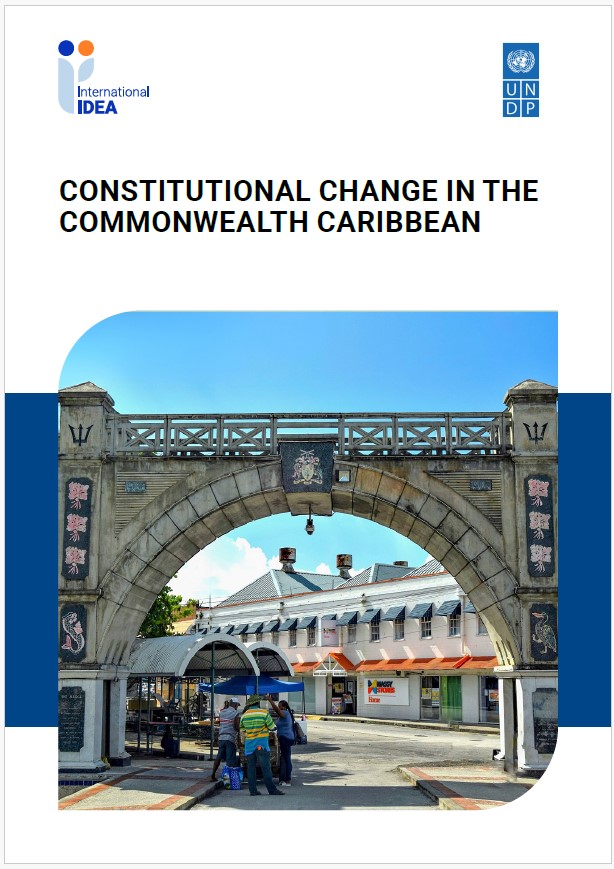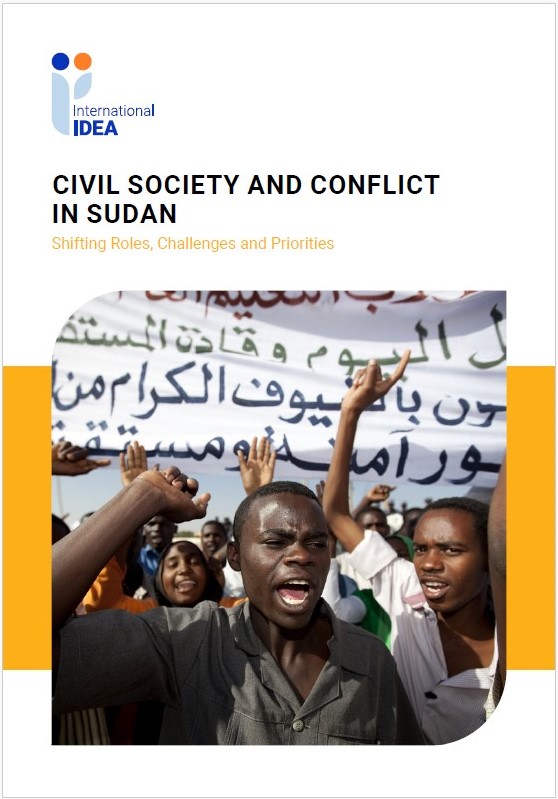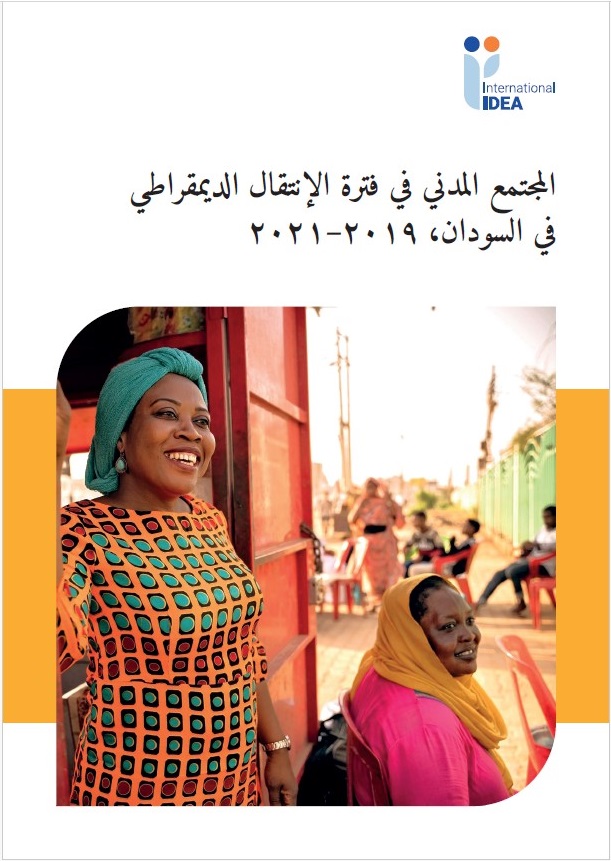As part of our ongoing commitment in Bhutan International IDEA together with the Election Commission of Bhutan (ECB) recently organized a four-day BRIDGE workshop on voter education in the capital of Thimphu.
Search
Region
Country
Type
Almost two months after the first round of the presidential election held on 25 October 2015, the CEP eventually announced that the runoff election, initially scheduled to take place on 27 December 2015, is postponed sine die.
The two day regional conference on “The use of money in politics and its effects on people’s representation” jointly held with the Election Commission of India, International IDEA & India International Institute of Democracy and Election Management (IIIDEM) on 15-16 December 2015 in New Delhi concluded today.
International IDEA and the Electoral Commissions Forum of the SADC countries (ECF SADC), in collaboration with the Comissão Nacional de Eleições (CNE) in Mozambique, are organizing the New Commissioners Orientation training in Maputo, 16-18 December.
Lead by Chair Kenneth G Forslund, members of the Committee on Foreign Affairs of the Swedish Parliament met with Secretary-General Yves Leterme and International IDEA’s senior management on 16 December. The visit was an opportunity for members of the Committee to learn about International IDEA’s work and key programmatic plans for 2016.
I am pleased to present another edition of International IDEA’s newsletter. As the year draws to a close, I would like to highlight some of 2015’s key events.
There is an ever-increasing number of applications and tools available for different democratic purposes but only a fraction of them are explicitly marketed towards political parties. Yet, many tools, which are not targeting the political scene explicitly can be valuable for parties – ranging from internal communications to constituency outreach and campaigning.
Como indicaba Daniel Zovatto en enero de 2015, América Latina comenzó el año en medio de una fuerte desaceleración económica, con miras a tres procesos electorales presidenciales (Argentina, Guatemala y Haití) y seis 6 elecciones municipales y parlamentarias (Colombia, El Salvador, Haití, México, Paraguay y Venezuela), la atención puesta sobre la fase final de la negociación de los Acuerdos de Paz de Colombia y, sobre todo, la necesidad de generar profundas reformas estructurales dirigidas a
Como indicaba Daniel Zovatto en enero de 2015, América Latina comenzó el año en medio de una fuerte desaceleración económica, con miras a tres procesos electorales presidenciales (Argentina, Guatemala y Haití) y seis 6 elecciones municipales y parlamentarias (Colombia, El Salvador, Haití, México, Paraguay y Venezuela), la atención puesta sobre la fase final de la negociación de los Acuerdos de Paz de Colombia y, sobre todo, la necesidad de generar profundas reformas estructurales dirigidas a
This year brought about a long-awaited general election in Myanmar, and a new constitution in Nepal, which was contested from the outset.
In 2016, International IDEA will be starting its operations in the wider-Europe region. This strategic shift reflects the geopolitical developments of the past years, in which European democracies, both established and emerging, have been going through turbulent changes.
International IDEA’s Africa Programme has gone through major changes during 2015 to better respond to increased demand in the region. In January, the office moved from South Africa to Addis Ababa, Ethiopia and in April, Adebayo Olukoshi took over as the new Regional Director.
We have hired several new programme officers and staff to better meet the needs of Member States and other countries in the region that have requested International IDEA’s help.
Varios años de auge exportador impulsaron el crecimiento económico, contribuyeron a la continua reducción de la pobreza y a la expansión de los servicios sociales. Ello hacía presagiar, hasta hace no mucho tiempo, que este decenio sería “la década” de América Latina.
Results management can be crucial to the progress of democracy assistance projects and programs, particularly when applied in ways that are inclusive, contextualized and sensitive to local partners’ space for learning and ownership.
However, there appears to be a tendency among funders to push for applications that focus on upward accountability and control to ensure value for money


